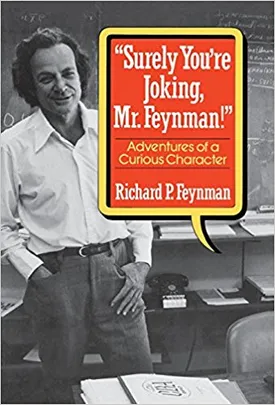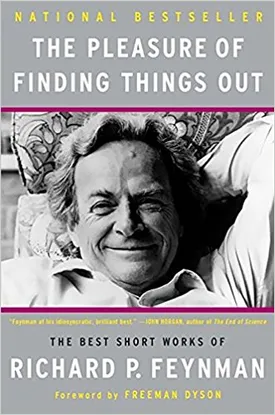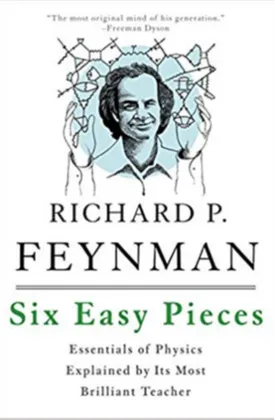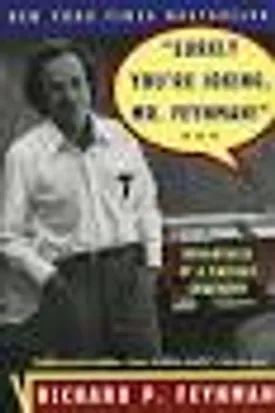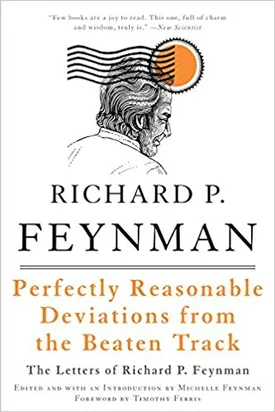Richard Feynman
Richard Feynman was an influential American physicist and Nobel Laureate who has made significant contributions to the scientific field. He was born in New York in 1918 and is regarded as one of the most influential scientists in the 20th century.
Feynman was interested in science from a young age, and quickly rose to prominence in the field of physics with his groundbreaking theories and innovative approaches to science. He worked on the Manhattan Project during World War II, helping develop the atomic bomb, and he proposed the theory of quantum electrodynamics. He also worked on the application of the physicist Enrico Fermi’s work on nuclear reactor design. After the war, he became a professor of physics at the California Institute of Technology and continued to work on a number of fields, including particle physics and quantum mechanics.
Feynman was also well-known for his disarming and personable disposition. He possessed a natural gift for teaching and explaining even the most complicated concepts in physics in a way that was understandable to people from all backgrounds. This made him a popular figure in the scientific community, and his theory of quantum electrodynamics was one of the most important discoveries of the 20th century.
Aside from his scientific pursuits, Feynman was also known for his outspokenness and confidence. He was famously candid in interviews and often spoke out against the establishment. He was also an outspoken critic of pseudoscience, and he was known to be highly critical of scientists who made unsubstantiated claims.
Feynman continued to contribute to science until his death in 1988. He is perhaps best remembered for the Feynman Diagram, a pictorial representation of the interactions between quantum particles. This tool has become an invaluable part of particle physics, and has greatly helped scientists understand quantum interactions.
Feynman's work has made a lasting impression on the scientific field and his approach to teaching physics has greatly influenced how the subject is studied. His innovative theories and ideas, combined with his brash yet humble attitude and conversations, have made him a memorable figure in the world of Physics.
Although Feynman has passed on, his work and ideas continue to be appreciated and discussed in the scientific community. His contribution to the field of science will remain for many years to come. His legacy is a reminder that understanding complex concepts can often be achieved through the use of simple methods and unconventional thinking.

